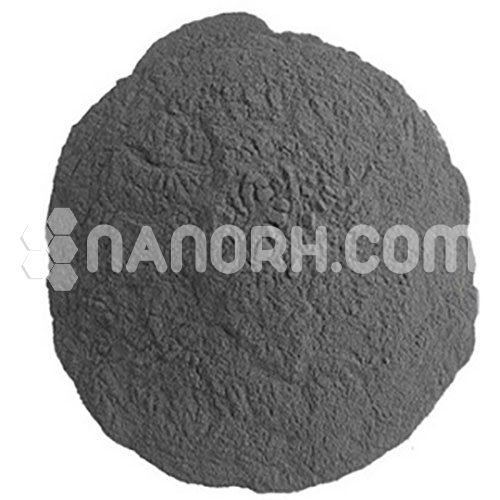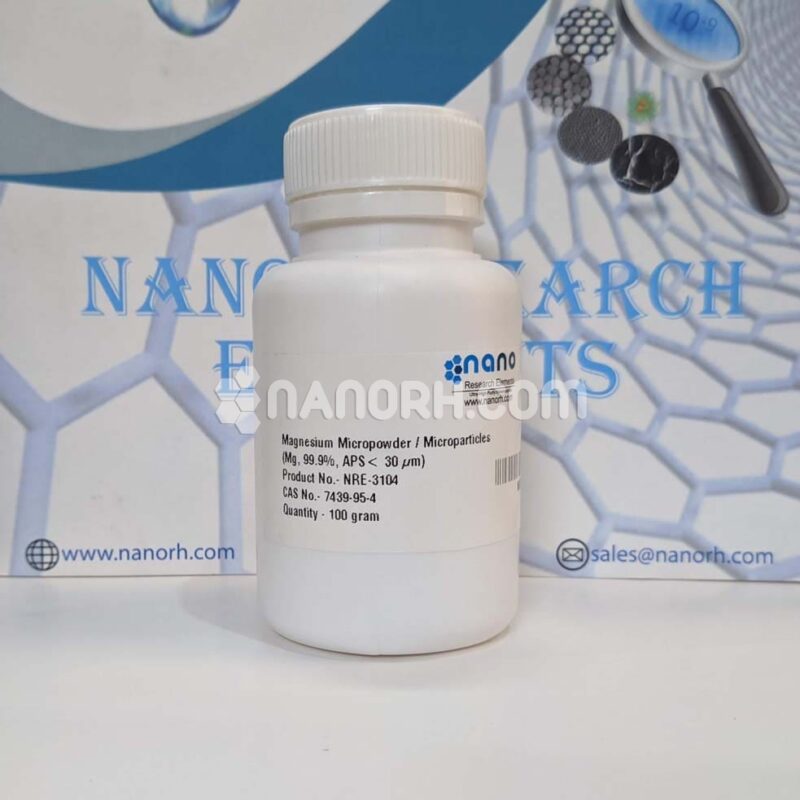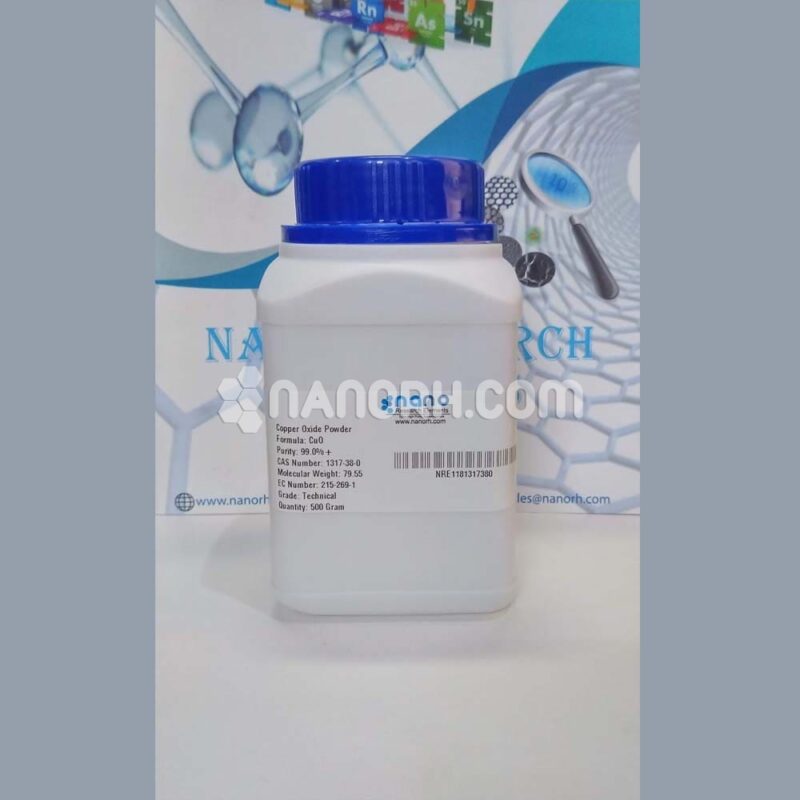| Cadmium Telluride | |
| Product No | NRE-11043 |
| CAS No. | 1306-25-8 |
| Formula | CdTe |
| Molecular Weight | 240.01 g/mol |
| APS | <40µm (can be customized) |
| Purity | 99.99% |
| Density | 5.85g/cm3 |
| Color | NA |
| Melting Point | 1,041 °C |
| Boiling Point | 1,050 °C |
Cadmium Telluride Powder
Cadmium telluride (CdTe) is a stable crystalline compound formed from cadmium and tellurium. It is a unique material with various applications, especially in the fields of electronics and photovoltaics. Here are some of the significant applications of cadmium telluride powder:
Solar Cells: One of the most significant applications of cadmium telluride is in thin-film solar cells. CdTe solar cells are highly efficient, and cost-effective, and are used in large-scale photovoltaic power stations. They are particularly known for their high absorption coefficient, making them a preferred choice for manufacturing low-cost, thin-film solar cells.
Semiconductor Industry: Cadmium telluride is used in the manufacturing of various electronic devices such as photodetectors, infrared detectors, and X-ray detectors. Its semiconducting properties, along with its ability to convert light into electrical energy efficiently, make it a desirable material for these applications.
Optoelectronics: CdTe is utilized in the production of a wide range of optoelectronic devices, including light-emitting diodes (LEDs) and solid-state radiation detectors. Its bandgap can be tailored to produce specific colors, making it suitable for various optoelectronic applications.
Nanotechnology: CdTe nanoparticles have been used in various research fields related to nanotechnology. Their unique properties make them suitable for applications such as nanowires, nanotubes, and quantum dots. These nanoparticles find applications in biological labeling, imaging, and sensing.
Medical Imaging: Due to its high atomic number and excellent X-ray absorption capabilities, cadmium telluride is used in X-ray and gamma-ray detectors for medical imaging applications. It enables high-resolution imaging, making it valuable in medical diagnostics.
Environmental Monitoring: CdTe-based sensors are employed for environmental monitoring of pollutants and heavy metals due to their high sensitivity and selectivity. They are used to detect and quantify various contaminants in air, water, and soil.



